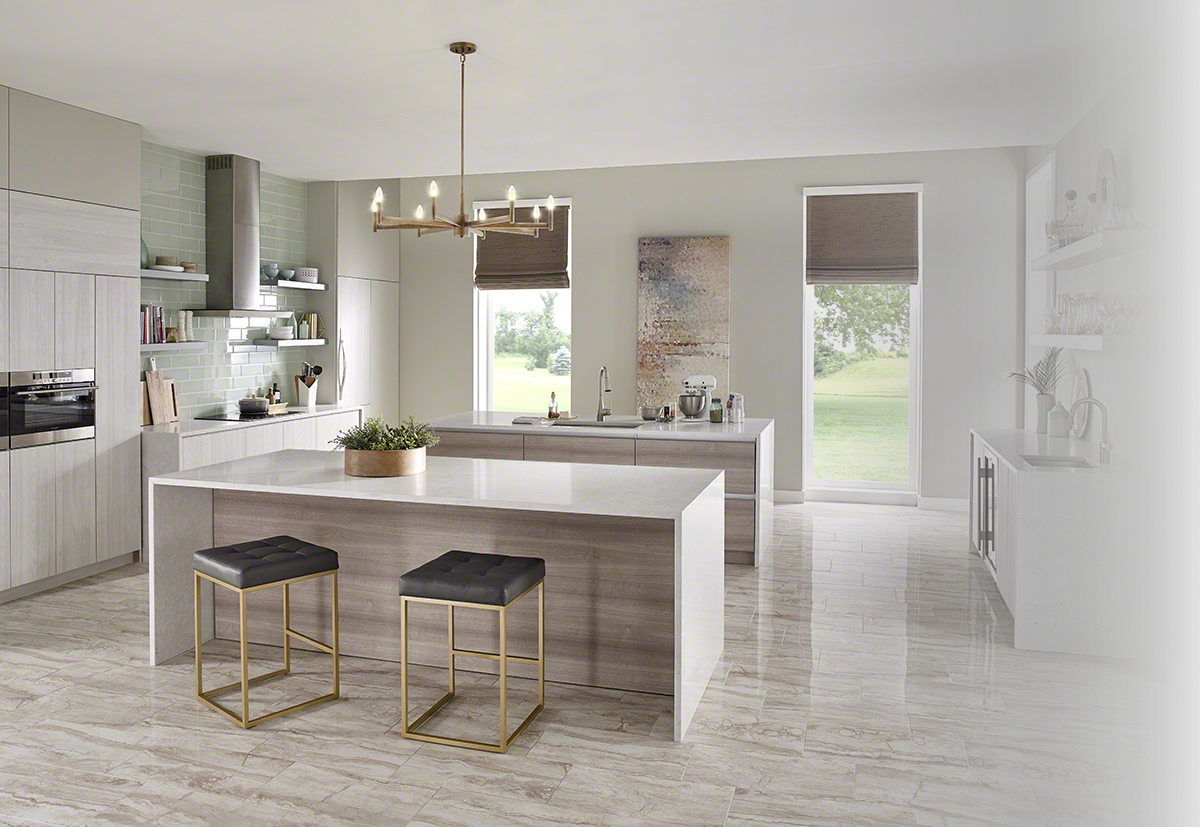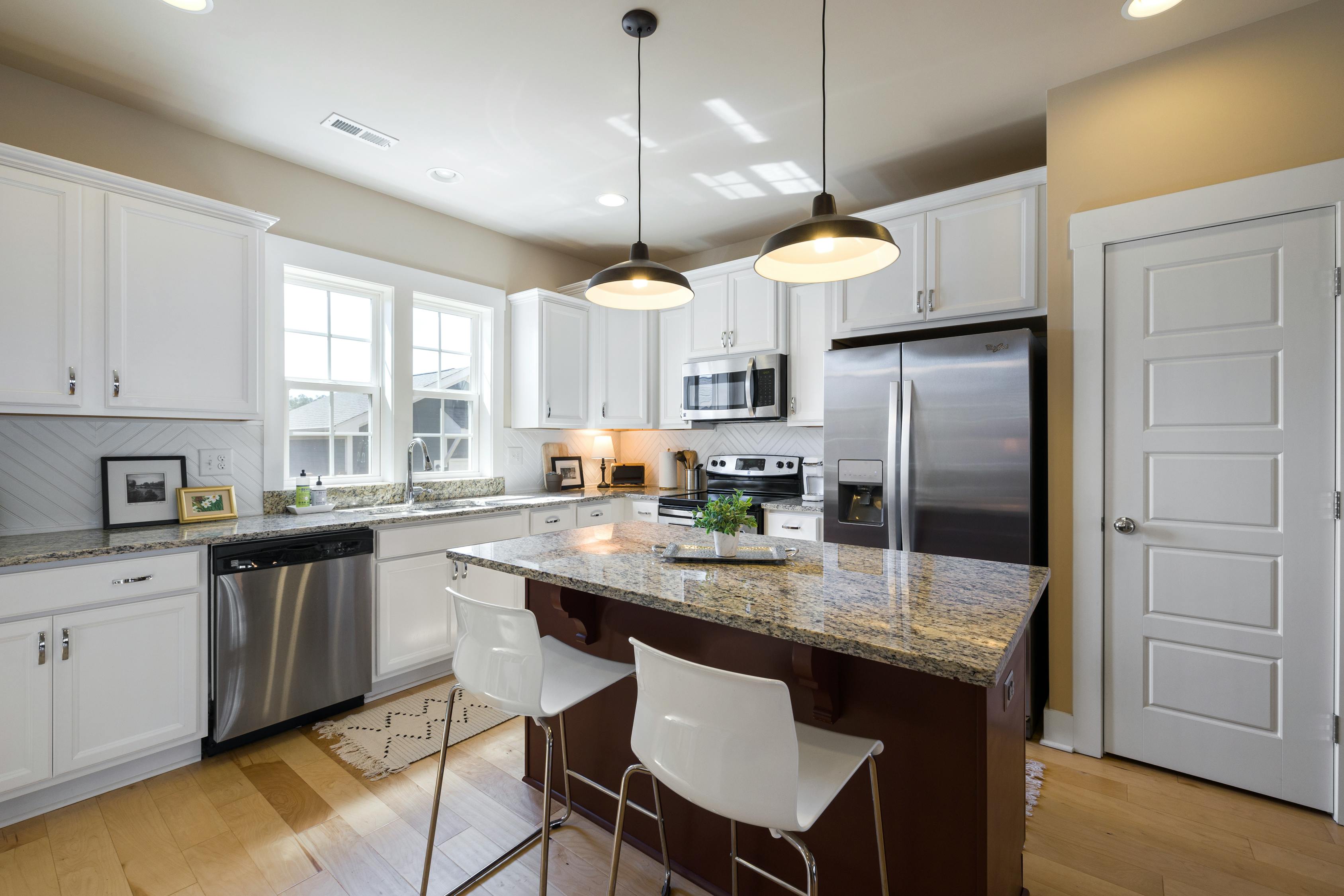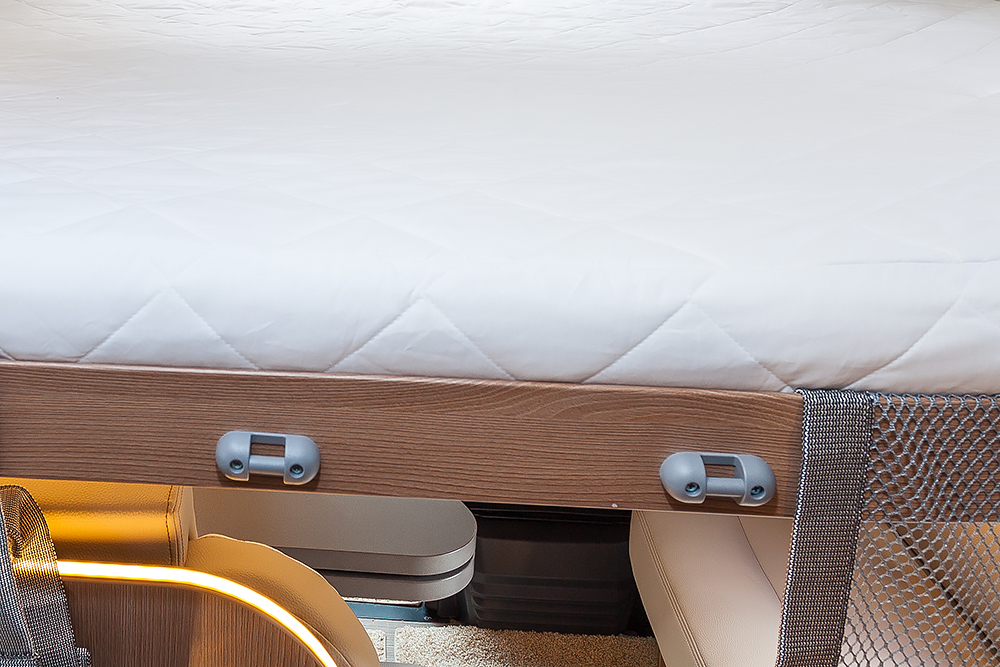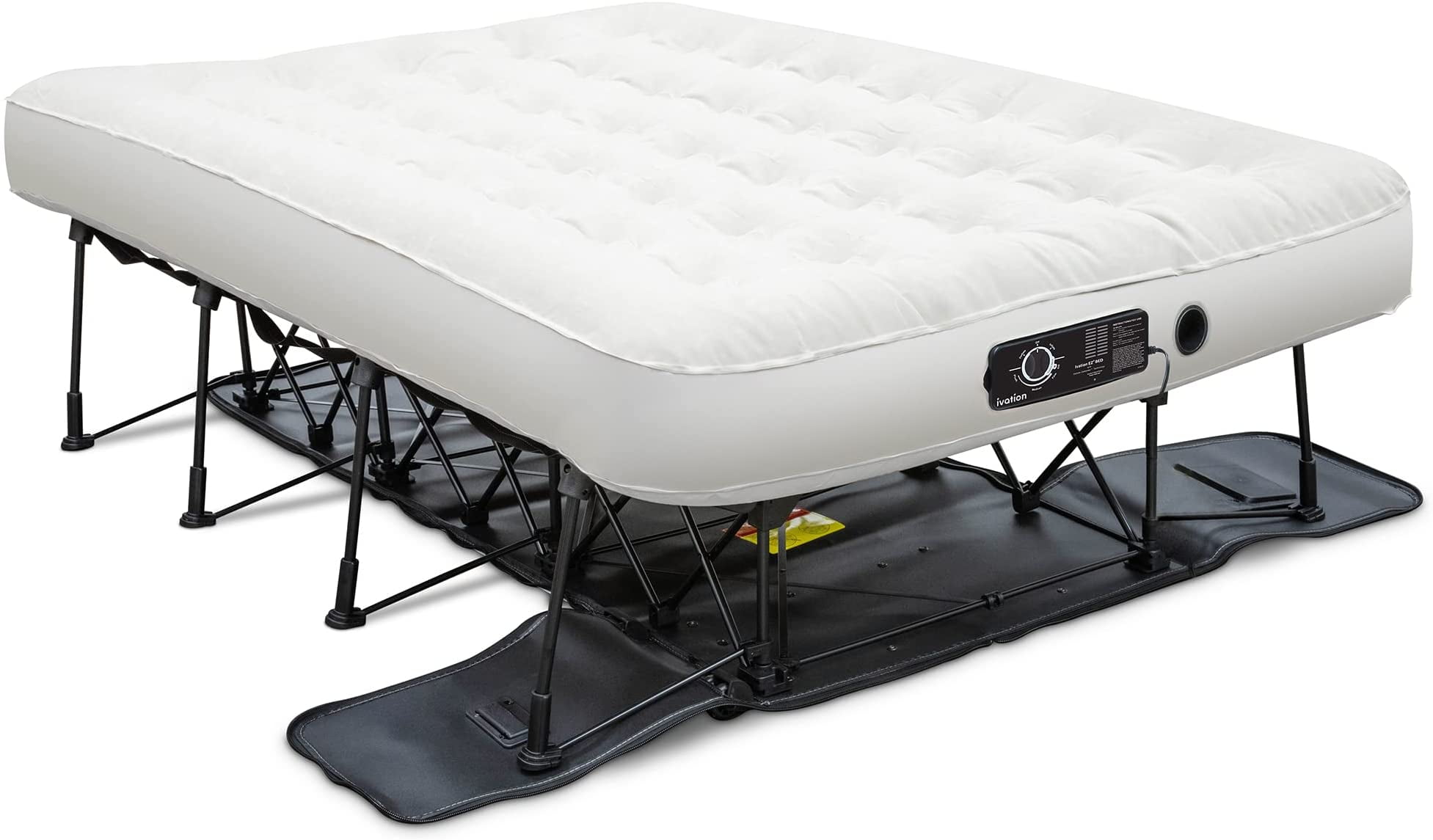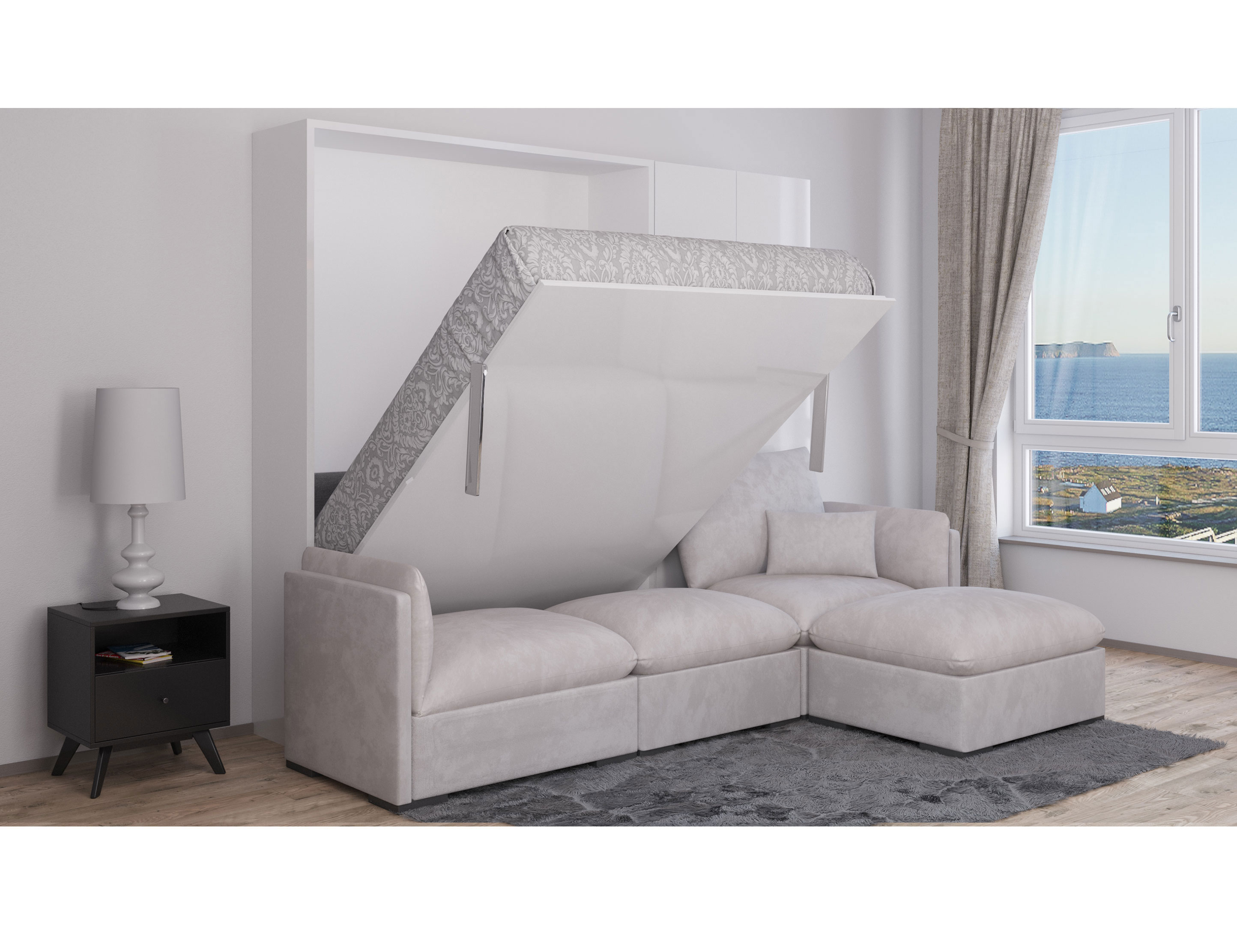If you've noticed your kitchen counter starting to pull away from the wall, don't panic. This is a common issue that can be easily fixed with the right approach. In this guide, we'll go over how to fix a kitchen counter separating from the wall and how to prevent it from happening in the future.How to Fix a Kitchen Counter Separating from the Wall
There are a few different reasons why a kitchen counter may start to separate from the wall. One of the most common causes is moisture. If there is a leak from a sink or dishwasher, it can cause the wood or drywall behind the counter to warp and weaken, leading to separation. Another cause could be improper installation. If the counter was not secured properly to begin with, it may start to pull away from the wall over time. Finally, age and wear and tear can also contribute to a counter separating from the wall. As a house settles and shifts, it can put pressure on the counter and cause it to pull away from the wall.What Causes a Kitchen Counter to Separate from the Wall?
If the separation is minor, you may be able to fix the issue yourself. The key is to catch it early before it becomes a bigger problem. Here are a few DIY solutions you can try: 1. Tighten Screws: If the counter is separating because it wasn't installed properly, you may be able to simply tighten the screws to secure it back in place. 2. Use Brackets: Installing brackets underneath the counter can help provide extra support and prevent further separation. 3. Use Wood Glue: If the separation is small, you can apply wood glue to the affected area and use clamps to hold the counter in place until the glue dries.DIY Solutions for a Separating Kitchen Counter
If the separation is significant or if you're not comfortable attempting a DIY fix, it's best to call in a professional. They will be able to assess the situation and provide the best solution for your specific counter and wall materials. Some potential repair options a professional may suggest include reinforcing the counter with additional screws or brackets, replacing damaged drywall or wood, or even installing a new counter if necessary.Professional Repair Options for a Separating Kitchen Counter
Of course, prevention is always the best course of action. Here are a few tips to help prevent your kitchen counter from separating from the wall: 1. Fix Leaks Immediately: If you notice any leaks, whether from a sink, dishwasher, or other sources, it's important to address them right away to prevent damage to the wall and counter. 2. Use High-Quality Materials: When installing a new counter, make sure to use high-quality materials and follow proper installation techniques to ensure it is secure and will last for years to come. 3. Regularly Inspect for Damage: Make it a habit to regularly check for any signs of damage or separation in your kitchen counter. Catching it early can save you from bigger, more expensive repairs down the line.Preventing a Kitchen Counter from Separating from the Wall
Knowing the signs of a separating kitchen counter can help you catch the issue early and prevent it from becoming a bigger problem. Some common signs to look out for include: 1. Visible Gap: If you can see a gap between the counter and the wall, even if it's small, this is a clear sign of separation. 2. Loose or Wobbly Counter: If the counter feels loose or wobbly when you lean on it or put pressure on it, this is another indicator of separation. 3. Cracks or Splits: Keep an eye out for any cracks or splits in the counter or the wall behind it. These can be signs of damage and separation.Common Signs of a Separating Kitchen Counter
Depending on the cause and severity of the separation, you may need a few different materials to fix it. Here are some common materials that may be needed: 1. Screws and Screwdriver: If the issue is simply loose screws, you'll need a screwdriver to tighten them. 2. Brackets: Brackets can provide extra support and help prevent further separation. 3. Wood Glue: If the separation is minor, wood glue can be used to hold the counter in place while it dries. 4. Clamps: Clamps can be used to hold the counter in place while the wood glue dries.Materials Needed to Fix a Separating Kitchen Counter
If you've decided to tackle the repair yourself, here is a general step-by-step guide to follow: 1. Identify the Cause: Before starting any repairs, make sure to identify the cause of the separation to determine the best course of action. 2. Remove the Counter: If necessary, remove the counter from the wall to access the problem area. 3. Secure the Counter: Use screws, brackets, or wood glue to secure the counter back in place. 4. Reattach the Counter: Once the counter is secure, reattach it to the wall. 5. Reinforce the Area: If needed, reinforce the area with additional screws or brackets for extra support. 6. Let it Dry: If you used wood glue, make sure to let it dry completely before placing any weight on the counter.Step-by-Step Guide for Repairing a Separating Kitchen Counter
In some cases, a separating kitchen counter may be a sign of a larger structural issue. If you're unsure, it's best to consult a professional. They will be able to assess the situation and determine if there are any underlying structural issues that need to be addressed.How to Determine if a Separating Kitchen Counter is a Structural Issue
If the separation is significant or if you're not comfortable attempting a DIY fix, it's best to call in a professional. They have the expertise and tools to properly assess and repair the issue, ensuring it is done correctly and will last for years to come. In conclusion, a separating kitchen counter is a common issue that can be easily fixed with the right approach. By catching the problem early and taking preventive measures, you can save yourself from bigger repairs and expenses down the line. And if needed, don't hesitate to call in a professional for help. With these tips, you'll have your kitchen counter securely attached to the wall in no time.When to Call a Professional for a Separating Kitchen Counter
Why Your Kitchen Counter is Separating from the Wall and How to Fix It

The Importance of a Stable Kitchen Counter
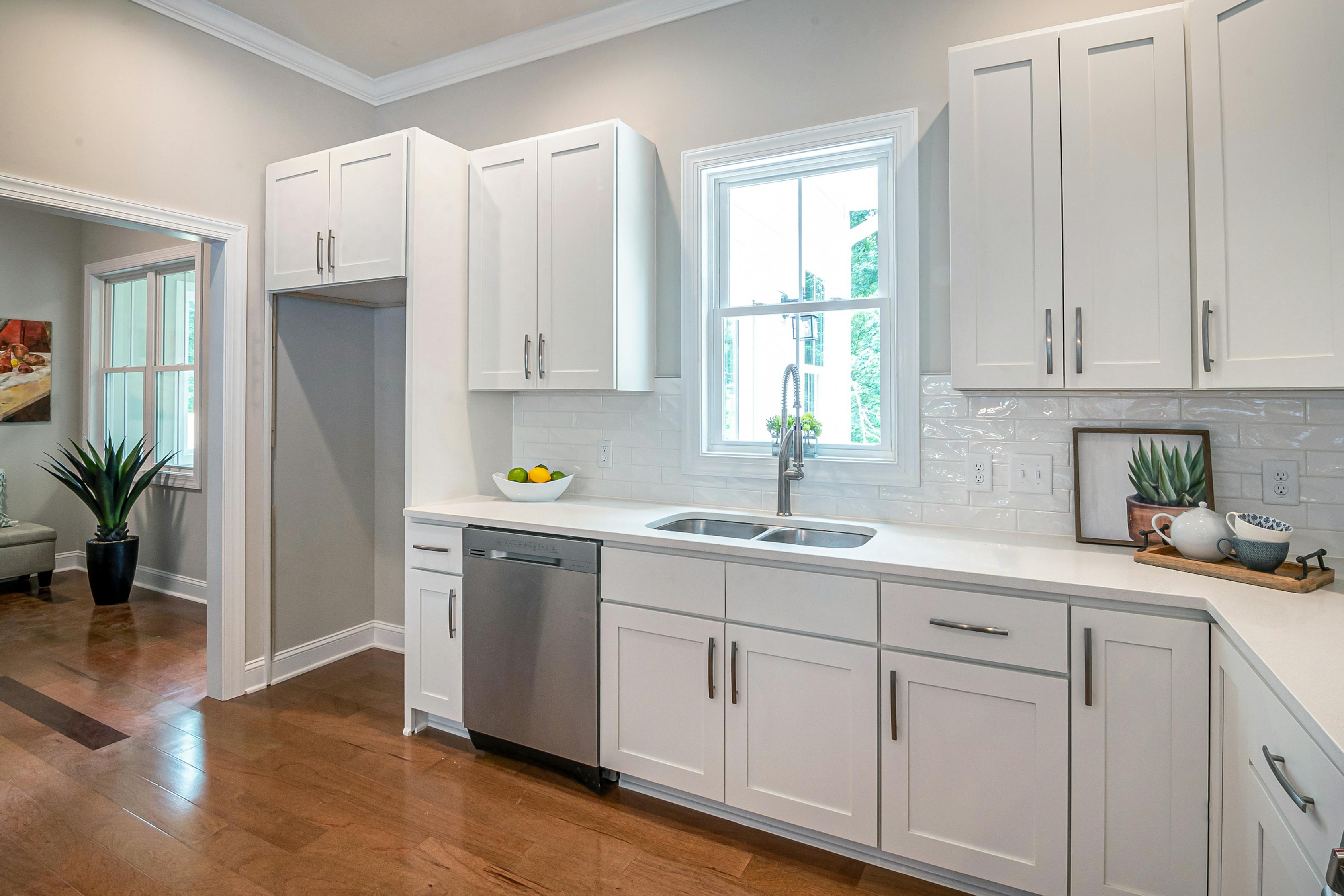 When designing a house, the kitchen is often considered the heart of the home. It's where meals are prepared, family and friends gather, and memories are made. As such, it's important to have a well-designed and functional kitchen, and that includes a stable kitchen counter. A kitchen counter that is separating from the wall can not only be an eyesore, but it can also pose safety hazards. So, why is your kitchen counter separating from the wall and what can you do about it?
When designing a house, the kitchen is often considered the heart of the home. It's where meals are prepared, family and friends gather, and memories are made. As such, it's important to have a well-designed and functional kitchen, and that includes a stable kitchen counter. A kitchen counter that is separating from the wall can not only be an eyesore, but it can also pose safety hazards. So, why is your kitchen counter separating from the wall and what can you do about it?
The Common Causes of Kitchen Counter Separation
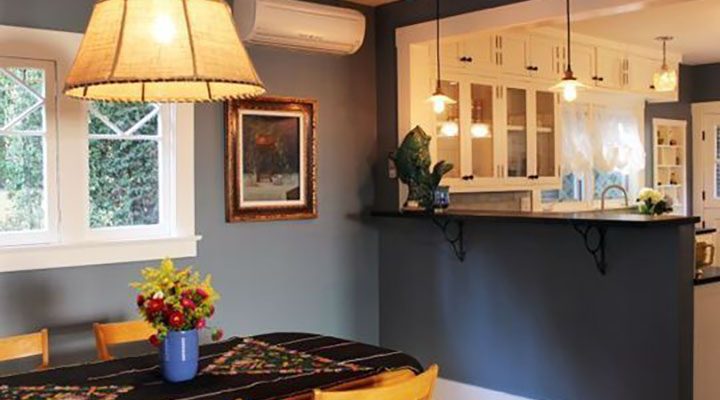 Moisture and Humidity:
One of the most common causes of kitchen counter separation is exposure to moisture and humidity. Over time, these elements can weaken the adhesive used to secure the counter to the wall, causing it to detach.
Misaligned Cabinets:
Another common cause is misaligned cabinets. If the cabinets underneath the counter are not level, it can put added pressure on the counter and cause it to pull away from the wall.
Age and Wear:
As with any part of a house, normal wear and tear can cause the kitchen counter to separate from the wall over time. This is especially true if the counter was not installed properly or if it is made of poor quality materials.
Moisture and Humidity:
One of the most common causes of kitchen counter separation is exposure to moisture and humidity. Over time, these elements can weaken the adhesive used to secure the counter to the wall, causing it to detach.
Misaligned Cabinets:
Another common cause is misaligned cabinets. If the cabinets underneath the counter are not level, it can put added pressure on the counter and cause it to pull away from the wall.
Age and Wear:
As with any part of a house, normal wear and tear can cause the kitchen counter to separate from the wall over time. This is especially true if the counter was not installed properly or if it is made of poor quality materials.
How to Fix a Separating Kitchen Counter
 Assess the Damage:
The first step in fixing a separating kitchen counter is to assess the damage. Is the counter just slightly detached or is it completely separated from the wall? This will determine the best course of action.
Tighten Screws:
If the counter is only slightly detached, you may be able to fix it by tightening the screws that secure it to the wall. Be sure to use a screwdriver that is appropriate for the type of screw used.
Reattach the Counter:
If the counter is completely detached, you will need to reattach it to the wall. This may involve removing the counter, cleaning the area, and reapplying adhesive before securing it back in place.
Consult a Professional:
If you are unsure of how to fix the problem or if the damage is extensive, it's best to consult a professional. They will have the expertise and tools necessary to properly fix your kitchen counter and ensure it is stable and secure.
Assess the Damage:
The first step in fixing a separating kitchen counter is to assess the damage. Is the counter just slightly detached or is it completely separated from the wall? This will determine the best course of action.
Tighten Screws:
If the counter is only slightly detached, you may be able to fix it by tightening the screws that secure it to the wall. Be sure to use a screwdriver that is appropriate for the type of screw used.
Reattach the Counter:
If the counter is completely detached, you will need to reattach it to the wall. This may involve removing the counter, cleaning the area, and reapplying adhesive before securing it back in place.
Consult a Professional:
If you are unsure of how to fix the problem or if the damage is extensive, it's best to consult a professional. They will have the expertise and tools necessary to properly fix your kitchen counter and ensure it is stable and secure.
Preventing Future Damage
 To prevent your kitchen counter from separating from the wall in the future, there are a few things you can do. First, be sure to regularly clean and maintain the area around the counter to prevent moisture and humidity from weakening the adhesive. Additionally, make sure your cabinets are properly aligned and that you use quality materials when installing or replacing your kitchen counter.
In conclusion, a stable kitchen counter is essential for a functional and visually appealing kitchen. If you notice your counter is separating from the wall, it's important to address the issue promptly to prevent further damage and potential safety hazards. By understanding the causes and taking proper steps to fix and prevent future damage, you can ensure your kitchen counter remains stable and secure for years to come.
To prevent your kitchen counter from separating from the wall in the future, there are a few things you can do. First, be sure to regularly clean and maintain the area around the counter to prevent moisture and humidity from weakening the adhesive. Additionally, make sure your cabinets are properly aligned and that you use quality materials when installing or replacing your kitchen counter.
In conclusion, a stable kitchen counter is essential for a functional and visually appealing kitchen. If you notice your counter is separating from the wall, it's important to address the issue promptly to prevent further damage and potential safety hazards. By understanding the causes and taking proper steps to fix and prevent future damage, you can ensure your kitchen counter remains stable and secure for years to come.



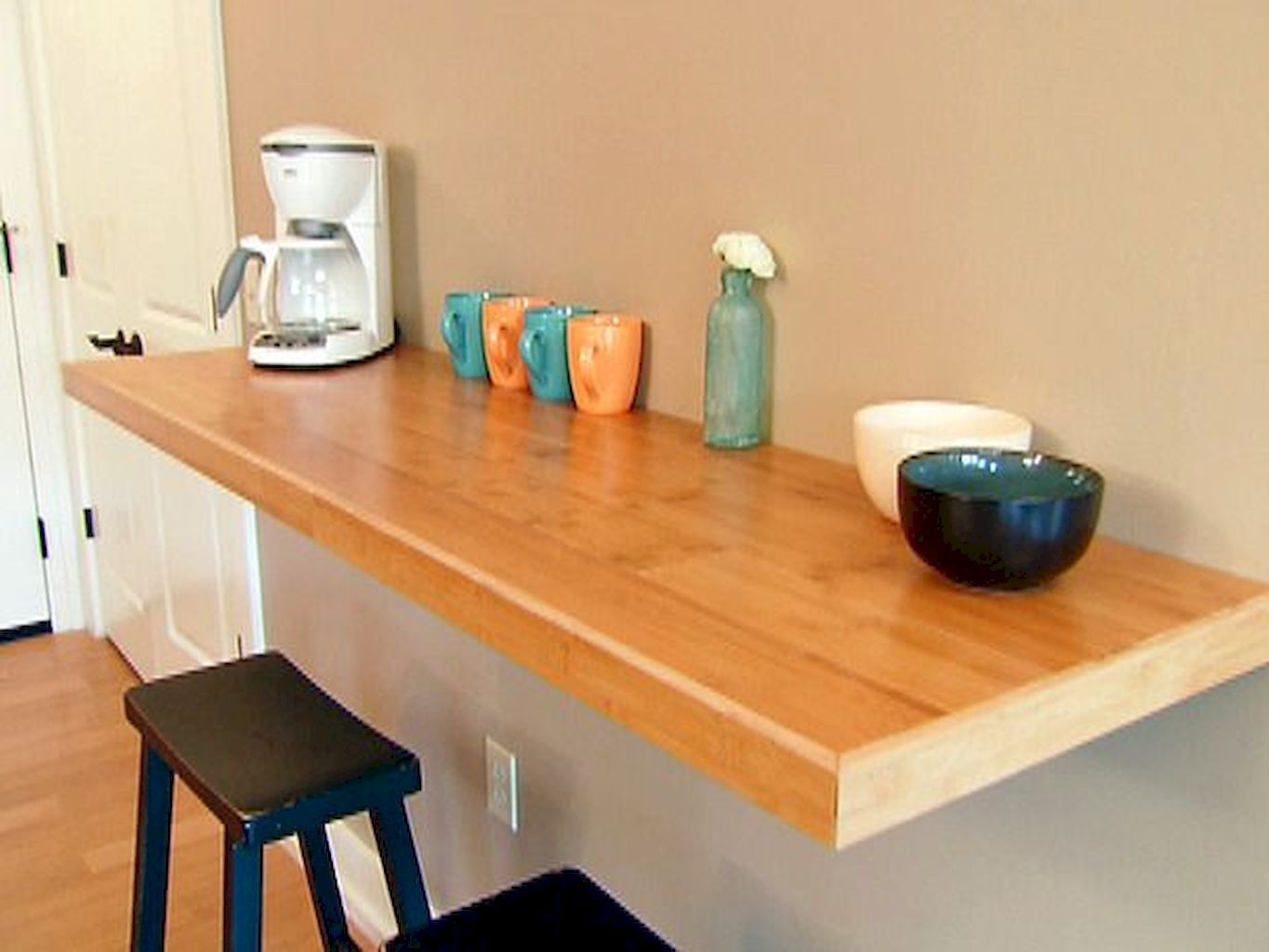











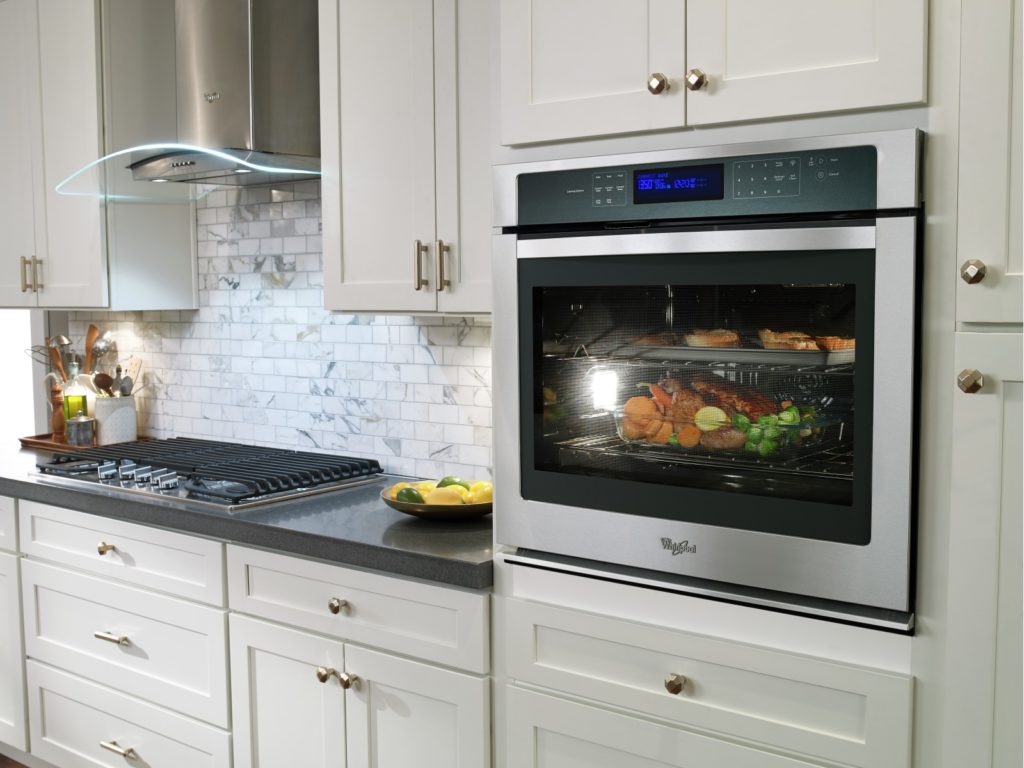


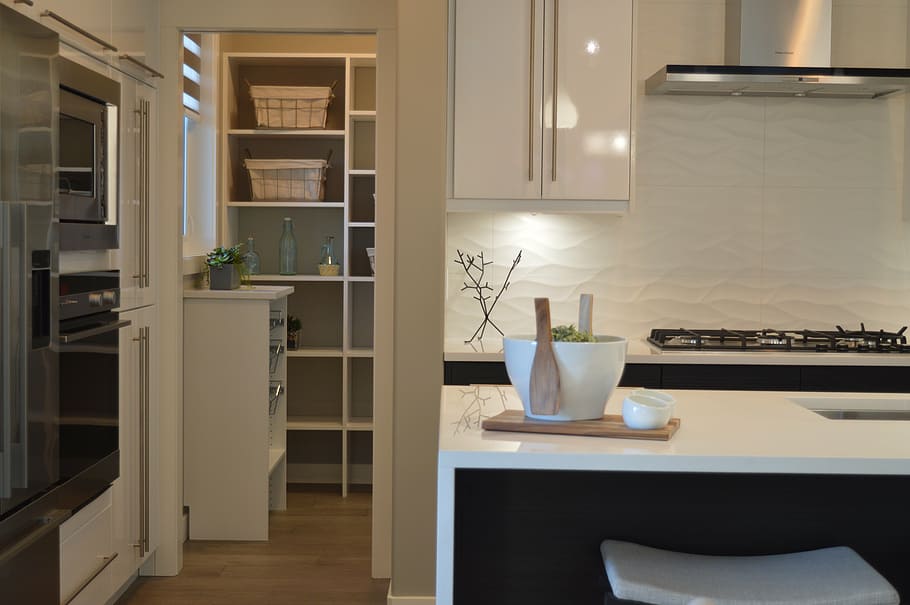


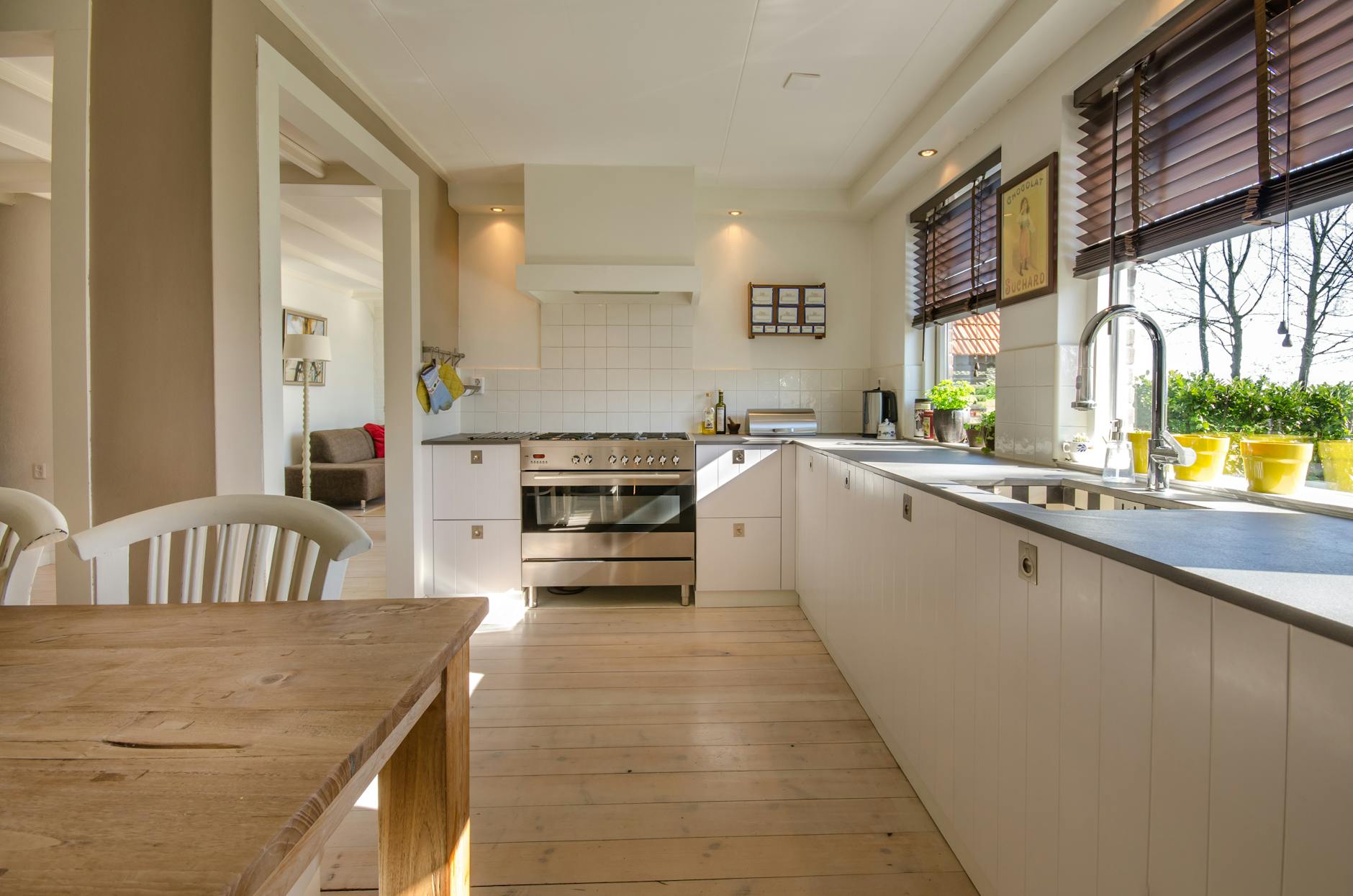


















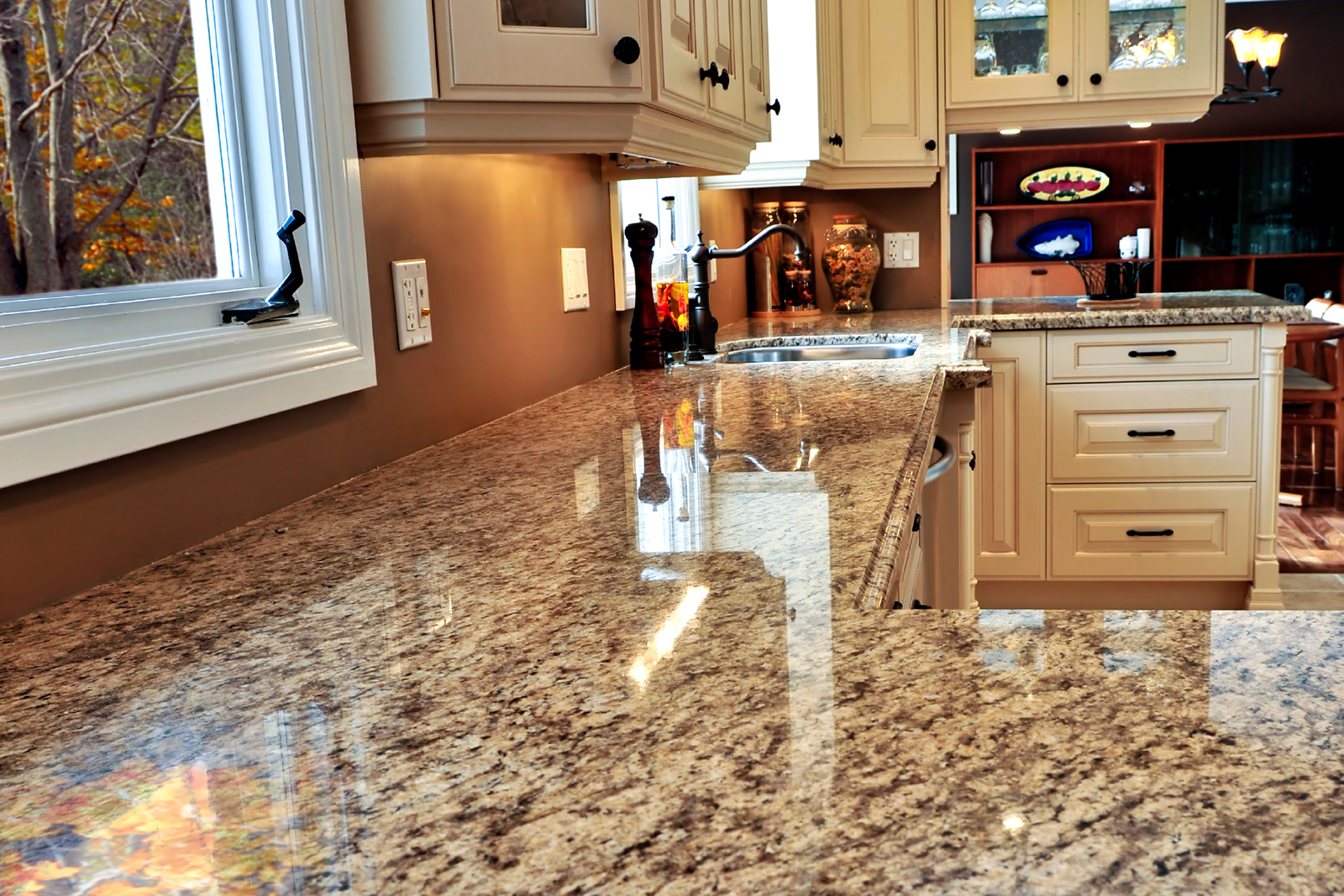
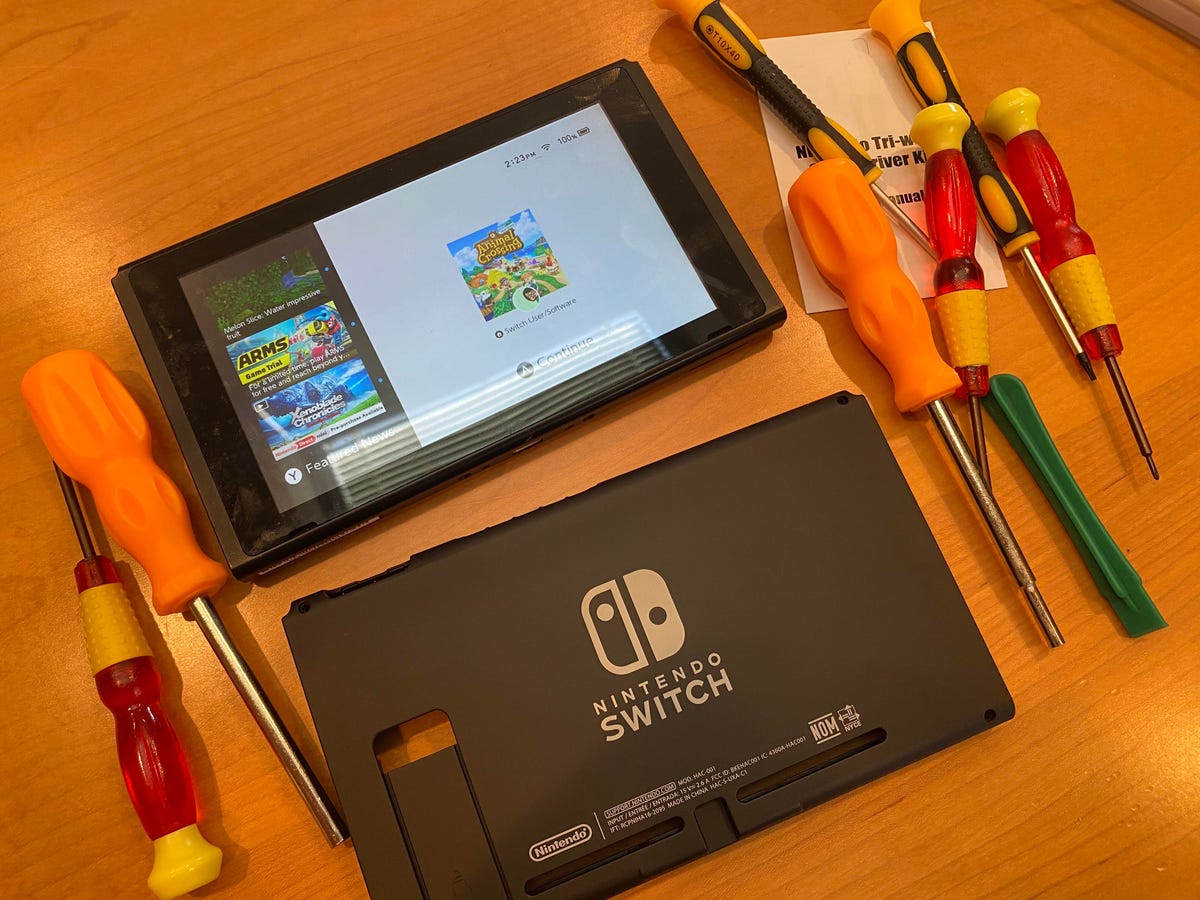

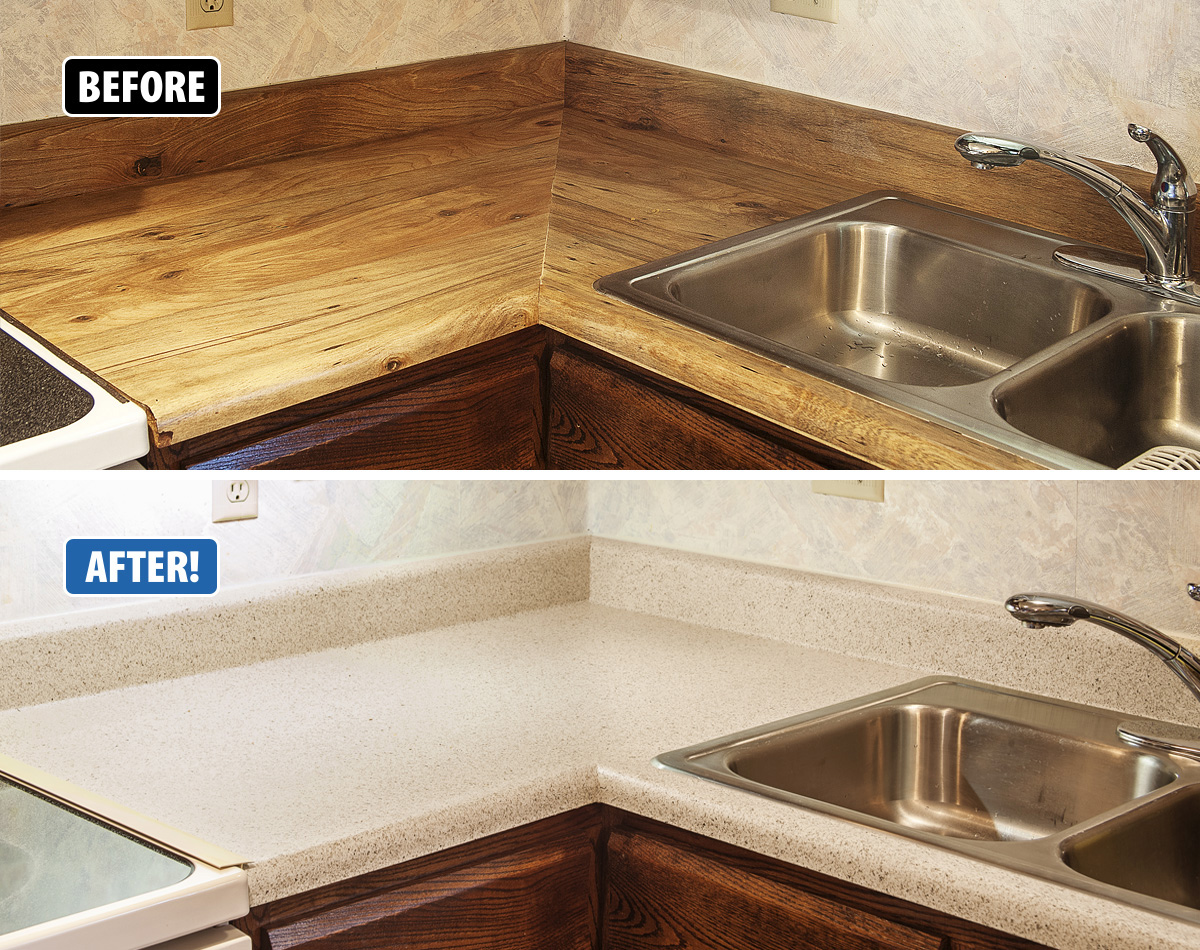

:no_upscale()/cdn.vox-cdn.com/uploads/chorus_asset/file/19821758/d1.jpg)


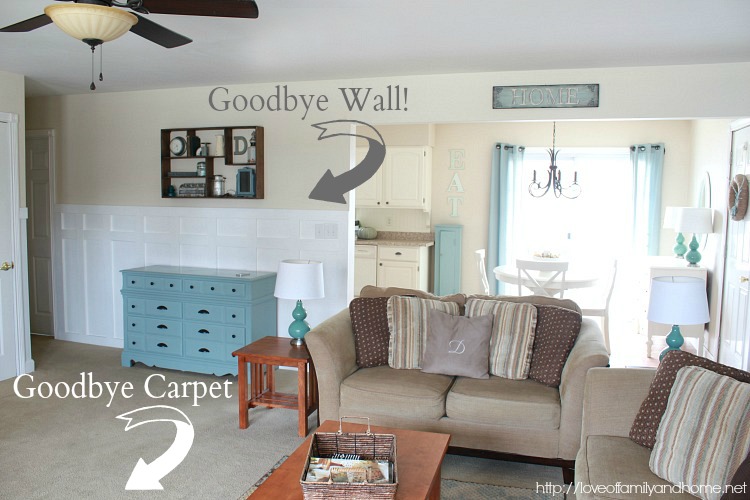




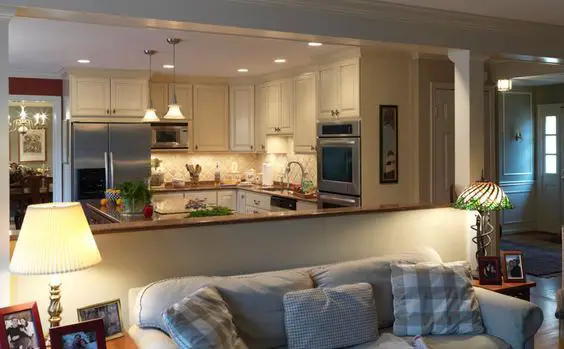




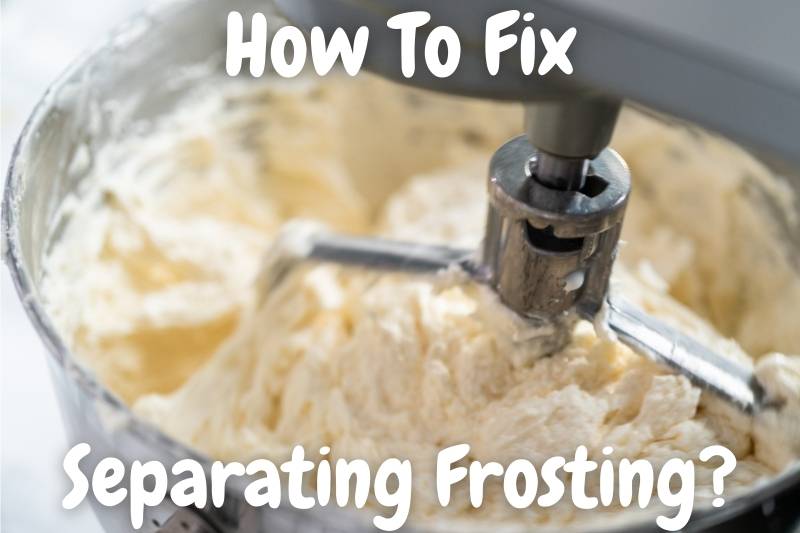


















.jpg)











